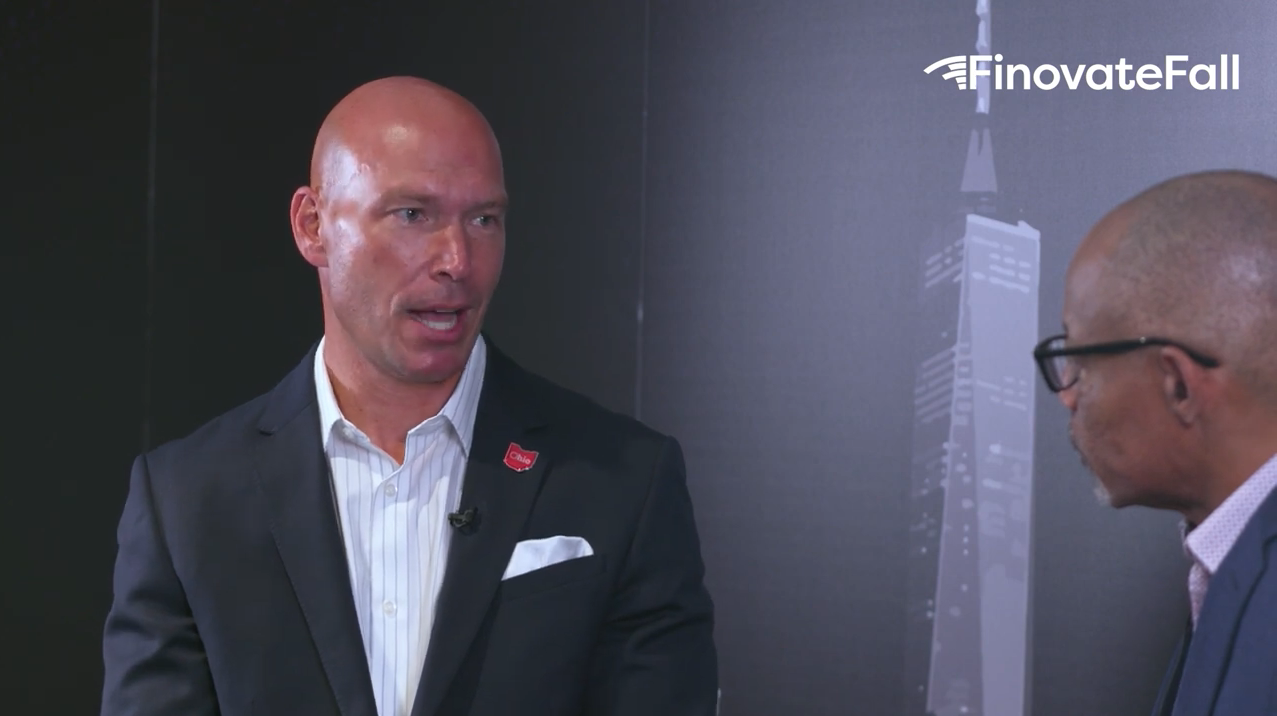
Real-time payments software company ACI Worldwide has appointed Thomas Warsop as its Interim Chief Executive Officer, effective immediately. Warsop was formerly the non-executive Chair of the ACI Worldwide Board of Directors. He replaces Odilon Almeida, who was the company’s CEO from March 2020 until now. Almeda was named CEO after Philip Heasley – who had served as CEO and President for 15 years – retired. Independent board director Adalio Sanchez will assume the role of non-executive Board chair.
“As ACI advances its vision to lead the real-time payments revolution, the Board is determined that now is the right time to transition to a new leader focused on accelerating our technology transformation and delivering operational excellence across our business,” ACI Nominating and Corporate Governance Committee Chair Mary Harman said.

A member of the company’s board of directors since the summer of 2015, Warsop became non-executive chairman seven years later in June of 2022. In addition to his tenure on the ACI board, Warsop brings his experience as Group President at Fiserv to his new position. Warsop has led a number of private equity firms previous to joining the ACI board including One Call Care Management, York Risk Services Group, and The Warranty Group. He also held executive roles at Electronic Data Systems, ranging from President of the firm’s Business Process Outsourcing unit in the Asia Pacific to Vice President of Global Financial Services.
“ACI is uniquely positioned to support banks, merchants, and billers around the world,” Warsop said in a statement. “We have market-leading software platforms in use at many of the world’s leading financial institutions and are poised not just to benefit from, but to drive, the rapidly approaching real-time payments revolution.”
ACI Worldwide’s C-suite news comes less than a week after the company announced third quarter results. The report included a 35% year over year increase in new ARR bookings, as well as “notable booking success across all segments, providing visibility into future revenue growth,” then-CEO and president Almeida said. At the same time, the company the impact of inflationary pressures on both interchange revenue and foreign exchanges rates. Adjusted EBITDA for Q3 was down year over year, but the company did iterate its full-year guidance.
Challenges notwithstanding, ACI Worldwide has continued to forge partnerships with institutions around the world, helping them enhance their payment operations. The company teamed up with Sweden’s Westpay in September, who will deploy ACI Secure eCommerce to bring new capabilities to its in-store payment solutions. Also that month, ACI Worldwide announced a partnership with loan management software provider GOLDPoint Systems. ACI will help the Provo, Utah-based company to digitize its billpay operations via its ACI Speedpay solution, which is used by thousands of billers in the U.S.
Founded in 1975 in Omaha, Nebraska, ACI Worldwide is currently headquartered in Miami, Florida. The company is a leading force driving innovation in real-time electronic payments for banks, processors, billers, networks, and more. ACI Worldwide serves 19 of the top 20 banks worldwide, enables more than 80,000 merchants, and provides electronic billpay technology for thousands of organizations. Processing more than 225 billion consumer transactions a year, the company serves more than 6,000 customers in 95 countries around the world.
A publicly traded fintech on the NASDAQ under the ticker “ACIW,” ACI Worldwide has a market capitalization of $2.4 billion. The company has been a Finovate alum since 2011, demoing its business banking solution in partnership with mShift at FinovateFall. ACI Worldwide returned to the Finovate stage five years later to lead a presentation on its latest innovations in ecommerce payment technology at our developers conference, FinDEVr Silicon Valley in 2016.












